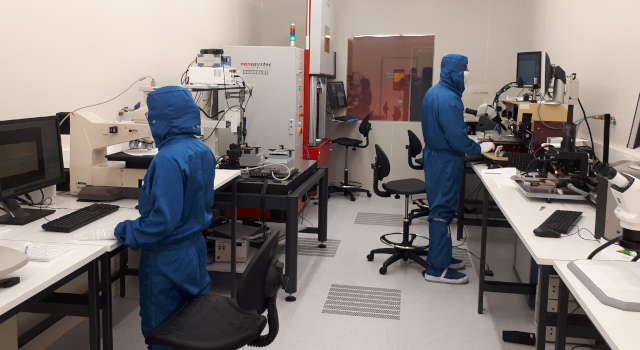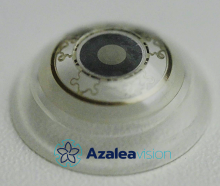
CMST is an imec associated research lab at Ghent university.
Our research is focused on smart microsystems integration and design, and we work in 3 application domains:
The envisaged applications include telecom, wireless sensors, robotics, biomedics, bio electronics, health care, training, simulation, entertainment and smart textile.
